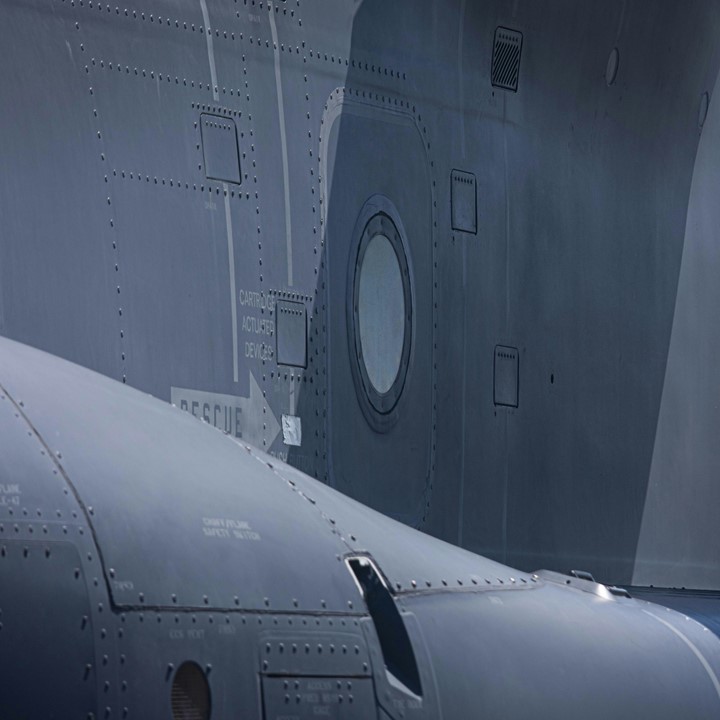Europe’s Defence in Flux: The Leadership Challenge to Unite and Innovate
The future of Europe's Aerospace and Defence industry faces critical challenges that demand strategic leadership and decisive collaboration. Despite increased defence budgets, the sector remains heavily fragmented, with numerous companies operating independently across different countries. This lack of cohesion results in inefficiencies and redundancies, hampering the development of a unified and resilient defence posture.
As Sandy McKenzie, Managing Partner at Amrop UK with 25 years of experience advising industry leaders, states, “Europe’s defence sector needs strong leadership focused on building bridges across nations and sectors. The current fragmentation not only wastes resources but also weakens our collective security.”

 “From my experience advising executive and management teams in aerospace and defence, it is evident that overcoming these divides requires fostering a culture of collaboration,” McKenzie emphasizes. “Leadership must think beyond traditional borders - fostering unity that transforms diverse national interests into a common strategic advantage." Without this, Europe risks falling behind emerging global competitors and losing strategic autonomy.
“From my experience advising executive and management teams in aerospace and defence, it is evident that overcoming these divides requires fostering a culture of collaboration,” McKenzie emphasizes. “Leadership must think beyond traditional borders - fostering unity that transforms diverse national interests into a common strategic advantage." Without this, Europe risks falling behind emerging global competitors and losing strategic autonomy.
Decades of underinvestment have created capability and readiness gaps; European armies and industries often lack the personnel and technological edge necessary for sustained conflict. Despite increased budgets, these shortfalls persist, and overreliance on non-EU suppliers, such as the U.S., Israel, South Korea, and Brazil, introduces further strategic vulnerabilities. Sandy notes, "Dependence solely on external suppliers makes Europe vulnerable to geopolitical shifts. The industry must prioritize developing internal capabilities to safeguard its future."
Financial constraints further complicate the landscape. Many nations operate under strict fiscal limits, challenging their ability to fund comprehensive defence modernization. “While proposals like loosening fiscal rules or borrowing are being considered, structural reforms and leadership buy-in are essential,” McKenzie notes. “Without strong governance and strategic vision, these solutions risk superficial rather than transformative change.”
Addressing these profound challenges requires leaders at all levels to step forward. “Europe’s defence industry needs visionary leaders who can unite stakeholders, inject innovation, and foster a long-term strategic perspective,” McKenzie observes. “Only through decisive, coordinated action can we turn fragmentation into an advantage.”
Europe’s aerospace and defence sector has tremendous potential, but it will only be realized if its leaders embrace the complexities and lead with a clear, unified strategy. The time for bold leadership is now: investing in collaboration, capabilities, and innovation to ensure Europe's security landscape remains robust for decades to come.
-----------------------
To find out more reach out to Sandy McKenzie.